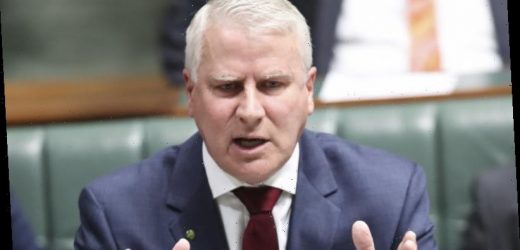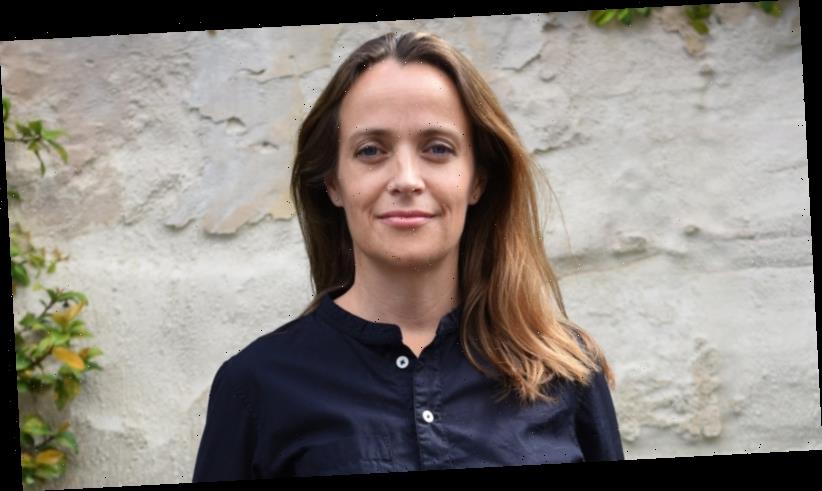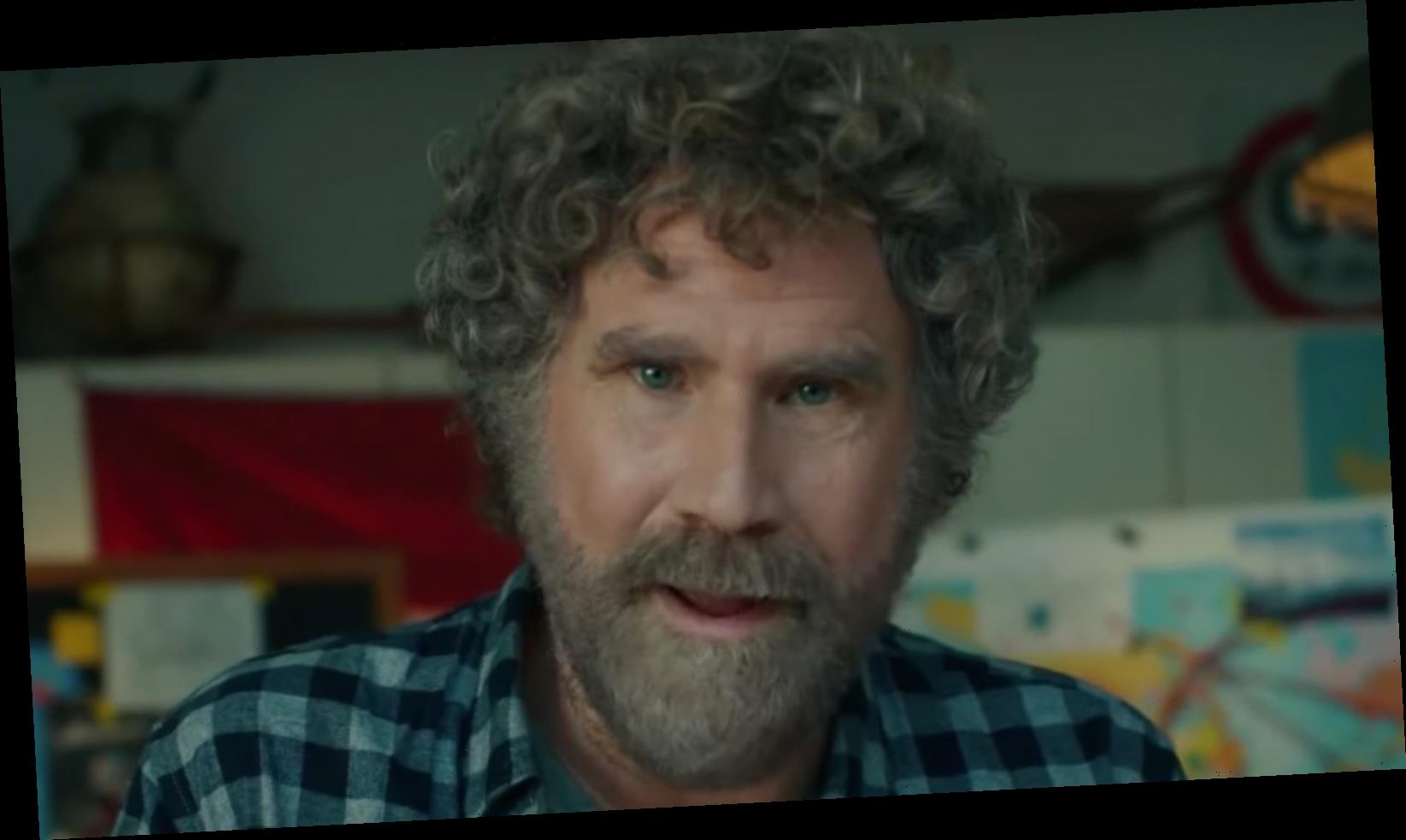As the farm sector forges ahead with its own climate goals, it was caught by surprise when Deputy Prime Minister Michael McCormack said agriculture may be exempted from an emissions reduction policy in comments signalling more leadership tensions in the Nationals’ party room.
Nationals Leader Mr McCormack responded to Prime Minister Scott Morrison saying Australia could achieve net zero emissions by 2050 by noting New Zealand had committed to a 2050 deadline to reach net zero emissions, but claiming the country had a “caveat with their agriculture” to exclude it from a deadline.
The Nationals remain divided on climate policy as Michael McCormack seeks to assert leadership through his latest climate policy intervention. Credit:Alex Ellinghausen
“If [exempting agriculture is] what it takes, well that’s what it takes, but we’re not going to hurt regional Australia,” Mr McCormack said on Sunday.
In fact New Zealand has not exempted agriculture from the country’s emissions policy, but the sector has been given until 2025 to start participating in an emissions trading scheme that is being developed in order to reach a legislated 2050 deadline for net zero emissions. Agriculture through livestock alone generates about half New Zealand’s greenhouse emissions and farmers are being offered incentives to sign up to the trading scheme earlier than the 2025 deadline.
Mr McCormack’s suggestion to exclude Australia’s agriculture sector, which generates about 13 per cent of the nation’s emissions, from a reduction target is at odds with major industry bodies that are developing their own plans to reach net zero greenhouse emissions under ambitious deadlines.
Experts say emissions reductions targets will be necessary for the sector to maintain access to export markets that are including agriculture in their emissions deadlines, such as the European Union.
Managing director of agriculture thinktank the Australia Farm Institute Richard Heath said there are “far more pros than cons in a net zero deadline”.
Agriculture production with net zero emissions is more resilient because “losing carbon out of agriculture systems is waste, no matter how it happens”, sustainable agriculture supports succession in family farming, and net zero commitments help ensure market access,” Mr Heath said.
The National Farmers’ Federation has set a target for net-zero emissions by 2050. The red meat sector set a goal in 2017 to reach net zero by 2030, cropping representative GrainGrowers has endorsed the NFF’s plans and committed to develop a grain-specific target for 2030 within the next 18 months, and the pork industry aims to go beyond carbon neutrality as soon as 2025.
Charles Sturt University Professor of Food Sustainability Niall Blair said Australia, as a net export nation, needed to ensure climate policy didn’t create “long term damage because of a short term debate”.
“Most multinational food companies operate in countries with climate targets that include agriculture,” Mr Blair said.
“Obviously they’re going to preference commodities that help them achieve their own targets.“
Mr McCormacks’ comments followed warnings from Nationals Senate Leader Bridget McKenzie and former party leader Barnaby Joyce on Saturday saying they would cross the floor to vote against any emissions deadlines that didn’t exempt agriculture, mining and manufacturing.
The controversy forms a familiar pattern where Mr Joyce and his backers test Mr McCormack’s mettle on right-wing causes as a proxy for support for his leadership.
Mr Joyce and Queensland Senator Matt Canavan led calls in January for government-backed coal-fired power stations, Mr McCormack backed the push and it was ultimately dismissed by senior Liberals including Treasurer Josh Frydenberg.
Agriculture Minister and senior Nationals MP David Littleproud called for calm on Monday and argued that agriculture can prosper under the right climate policy settings.
“Agriculture can play a significant part but we need to see how we can get to net zero and who pays for it. Zealots from both sides have owned the debate and what we need is calm rational policy,” he said.
Start your day informed
Our Morning Edition newsletter is a curated guide to the most important and interesting stories, analysis and insights. Sign up to The Sydney Morning Herald’s newsletter here, The Age’s here, Brisbane Times’ here, and WAtoday’s here.
Most Viewed in Politics
Source: Read Full Article



